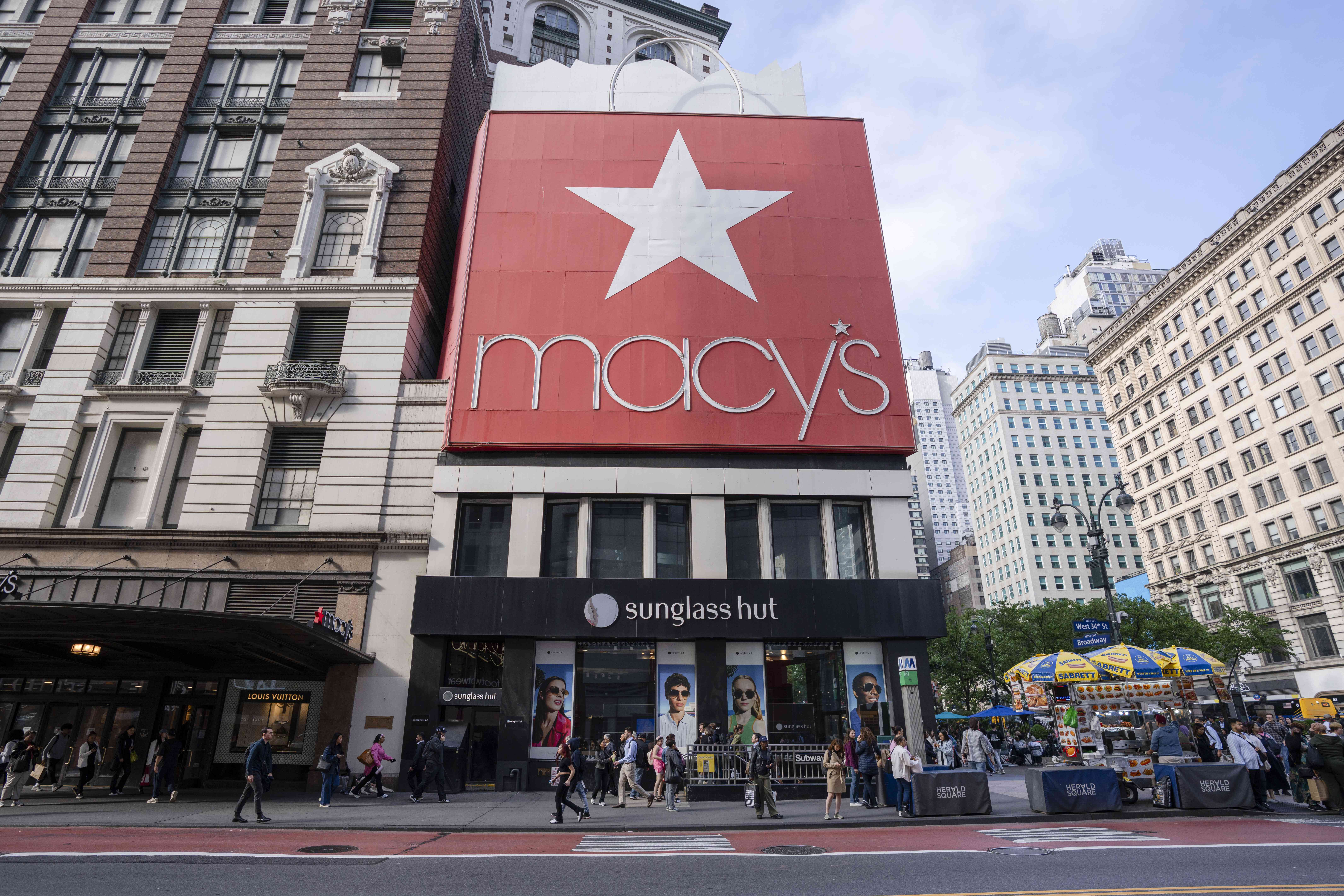How retail investors won round one of tariff market volatility
Who's the dumb money now?
As $74 billion flowed out of equity mutual funds and ETFs in April, retail investors bought the dip and participated in the fastest snapback in the S&P 500 (^GSPC) since 1982.
Retail investor inflows have surpassed $50 billion since April 8, according to a May 15 note from JPMorgan quantitative strategist Emma Wu. Although the pace of purchases slowed from "dip-buying weeks," Wu noted on Thursday that retail investors still bought $7.5 billion in equities over the past week.
"I have to give retail a back-clap because they had been buying the dip all the way through," RBC Capital Markets derivatives strategist Amy Wu Silverman said on Catalysts (see video above). "It was really the institutional investor base that massively de-grossed [i.e., reduced exposure to financial markets]. So they're the ones who actually have to catch up right now."
Data from investing platform Public indicates that investors who bought the dip between April 3 and May 9 earned a nearly 12% return. That winning streak led Bank of America's retail clients to sell stocks and take profits for the first time in 23 weeks prior to Memorial Day, according to a note from BofA senior US equity strategist Jill Carey Hall.
Public founder and CEO Leif Abraham said the buy-the-dip strategy has become the norm, noting that "the concept of buying the dip has definitely become sort of retail investing culture."
Read more: How to protect your money during economic turmoil, stock market volatility
So what did the so-called smart money get wrong about the volatility and subsequent rally?
Part of the reason is baked into the demands of the role, according to Silverman.
"The pickle that an institutional investor is in ... [is] you're usually benchmarked to the S&P 500," she said. "So the S&P 500 goes up 15%, and you went up 5%. That's not great."
It can be hard to justify fees if you're not beating the benchmark. Silverman calls this "career risk," which she said is something that isn't talked about enough.
Retail investors benefit from a longer time horizon that institutional investors can't enjoy, since they are judged annually.
"We miss a lot of returns," Invesco global market strategist Brian Levitt acknowledged. "Investors are still their own worst enemies."
Levitt added that the lesson for long-term investors to stay the course in market volatility is a tale as old as time and not necessarily a strategy that indicates retail is winning.
Latest News
- Couple With $38K Salary Loses $300K While Day Trading, Dave Ramsey Asks, 'Where Did You Have $300K That You Could Lose?'
- Chevron investors reject stockholder proposals, Exxon faces none
- Gold Futures Pare Gains in Directionless Trading
- UnitedHealth Is Supporting the Dow. It's Not What It Used to Be.
- Macy's Profit Tops Estimates But Retail Giant Warns About Tariffs
- German landlord Aroundtown looks to convert offices into data centres












